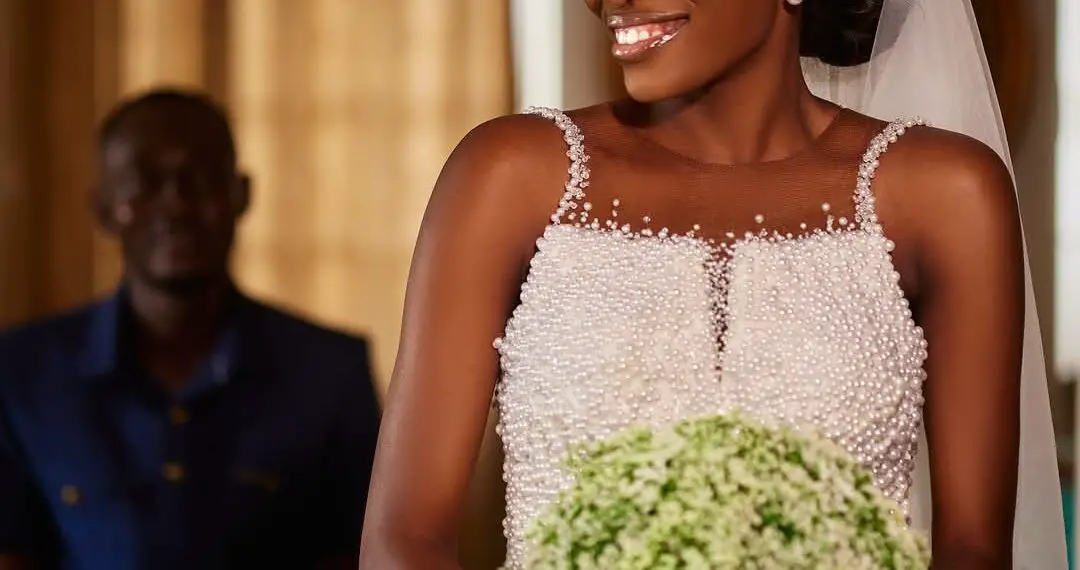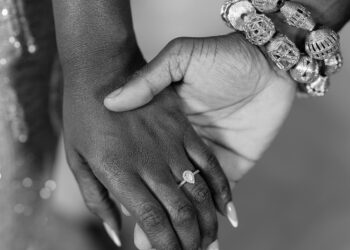What is a civil wedding? It is a legally recognized marriage officiated by a government official, such as a registrar or judge, without the involvement of religious or cultural rituals. It is an official union that focuses purely on the legal aspects of marriage. Unlike traditional or religious weddings, which often include elaborate ceremonies, cultural practices, and family involvement, this wedding type is typically simpler and more straightforward. It is recognized by the state or country you live in, ensuring the couple receives legal rights and protections. In this post, we’ll explore the advantages and disadvantages of civil weddings in Africa to help you determine if it’s the best path for you and your partner.
Advantages of a Civil Wedding.
1.One of the biggest advantages of a civil wedding is its legal status. Once you register the marriage, the state or country officially recognizes it. This providing the couples with legal rights, such as inheritance, property ownership, and spousal benefits. This is particularly important for issues like divorce, child custody, and financial security
2. Civil weddings tend to be more budget-friendly compared to elaborate traditional or religious ceremonies. You do not require expensive venues, large guest lists, or extensive planning. Couples can opt for a small ceremony at a courthouse or registrar’s office. This reduces costs significantly.
3. A civil wedding is ideal for couples from different religious or cultural backgrounds who may not want a religious ceremony. It ensures a neutral, unbiased marriage process that focuses solely on the couple’s commitment rather than religious or customary obligations.
Lastly, court weddings are usually quicker to arrange compared to the other types of ceremonies. There is less need for lengthy negotiations, multiple meetings, or elaborate ceremonies. This is a great option for couples who want a straightforward and time-saving process.
Disadvantages of Civil Weddings in Africa.
One major drawback of a civil wedding is that it may not carry the same emotional or cultural significance as a traditional or religious ceremony. In African societies, traditional marriages are highly valued because they involve family blessings, rituals, and community participation, which a civil marriage lacks. Whilst, the other forms of weddings recognized in Ghana, Nigeria and other African countries, often bring families and communities together to celebrate the couple. Civil weddings are usually small and private, which may leave family members feeling excluded or unfulfilled and sometimes even fight you over it.
Africans have cultures, and one aspect where cultural rites are displayed is through marriage. Some families may therefore not fully recognize a civil marriage unless it is accompanied by a traditional marriage. Some parents insist that their children undergo customary rites before a civil ceremony. If this step is skipped, it may lead to family tensions or disapproval of the marriage.
While civil marriages offer legal protection, they also come with legal responsibilities. If a couple decides to separate, they must go through a legal divorce process, which can be costly and emotionally draining. This differs from traditional marriages, where families often handle separations through mediation.
HELPFUL GUIDES TO PLAN YOUR WEDDING.
- Moses Bliss’ Traditional Wedding Celebration with His Ghanaian Bride Marie Wiseborn.
- How to Plan a Civil Wedding in Ghana.
- Latest Bridesmaid Dress Styles In Ghana(2024).
- 11 Civil Wedding Dress Styles For Every Bride.
A civil wedding offers some advantages making it a great option for couples. However, in Africa, couples should consider cultural traditions and family involvement when making a decision, as these factors hold significant importance. You can also choose to combine a civil wedding with the traditional ceremony to meet both legal and cultural expectations.
Ultimately, the best wedding type depends on your preferences, finances, and family dynamics. What matters most is that you choose a wedding style that aligns with your values and long-term goals.
Would you consider a civil wedding, or would you prefer a traditional or religious ceremony? Share your thoughts in the comments!









